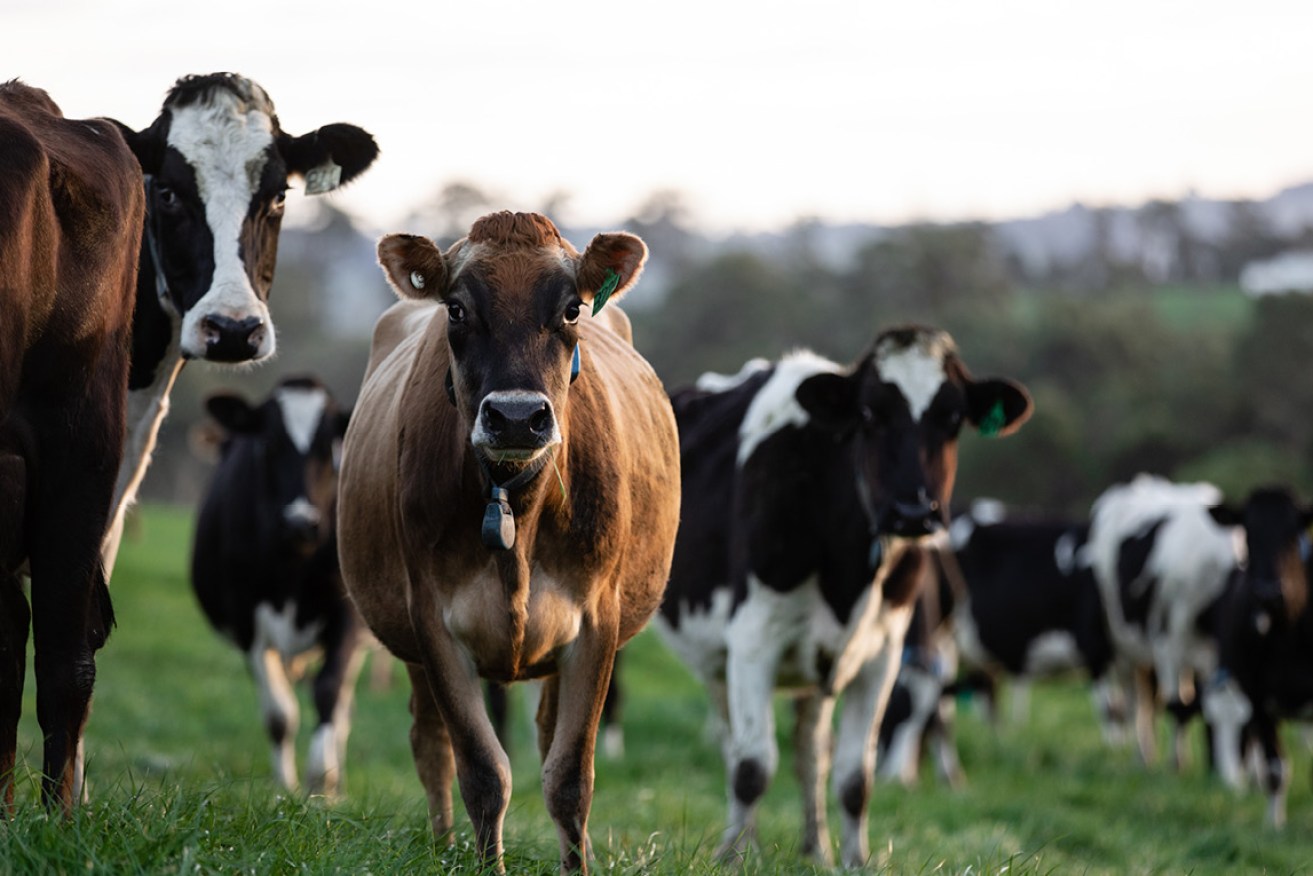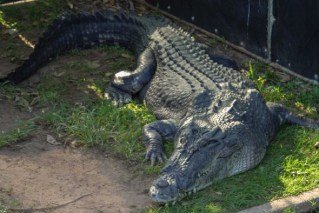Why DIY cattle pregnancy testing could expose Australia to a deadly invasion
A yet-to-be-announced training course will soon allow anyone to pregnancy-test cows in Queensland, amid warnings from vets the decision could leave the state’s livestock industry even more defenceless against two deadly cattle diseases bearing down on our border.


Image: Dairy Australia.
As Australia’s national security has featured prominently ahead of Saturday’s federal election, most notably with the focus on China’s intentions in the Pacific, cattle industry leaders are on even higher alert for a very real and dangerous threat lurking off our northern coastline, which some argue may be impossible to stop.
While the national poll, war in Europe and China’s Pacific push have consumed attention, south east Asia has been fighting two major cattle disease outbreaks – lumpy skin and foot and mouth disease – since March.
Foot and mouth disease was detected near the city of Surabaya in Indonesia in late April, a concerning location given its close proximity to Bali, a favourite Australian holiday hot-spot where travellers are returning in large numbers after pandemic border closures.
The find came one month after Indonesian authorities detected lumpy skin disease in cattle across 31 villages on the island of Sumatra.
The viral disease is carried by biting insects like mosquitoes and causes skin lesions, fever, loss of appetite, decreased milk production, and can lead to death in cattle and buffalo.
FMD exhibits high fever, excessive mucus from the mouth, sores in the oral cavity and tongue, appetite loss, limpness and injuries to the feet resulting in hoof loss.
Without an ironclad biosecurity shield, Australia could be the next stop, with Queensland the most likely gateway for the two incursions.
Both diseases would have a devastating impact on the nation’s livestock industries, with the damages bill running to the billions.
Senior cattle vet Alan Guilfoyle is even more concerned about the possibility of a breach since the Palaszczuk Government bowed to industry lobbying to allow non-vets to pregnancy-test cows.
Speaking on behalf of Australian Cattle Veterinarians, a group attached to the Australian Veterinary Association, Guilfoyle said the procedure was responsible for providing consistent work for vets in remote and rural Queensland.
He said 20,000 pregnancy-tested cows was enough to maintain one full time equivalent employee in a rural clinic.
With cattle pregnancy-testing opened to the general workforce, Guilfoyle said many rural and remote veterinary services would no longer be in a position to recruit and retain as many frontline staff, leaving remote cattle station managers bereft of the other clinical services that qualified vets provide.
“When you have a vet on your property as opposed to a lay operator, you have the benefit of a more holistic herd management service,” he said.
“And there’s never been a more important time to have more vets on the ground not less, especially as I believe we’ll have lumpy skin in this country within the next two monsoonal seasons.
“If you don’t have qualified vets moving through those remote regions of northern Australia on a regular basis then we are going to have some very serious surveillance gaps.”
AgForce CEO Mike Guerin said his organisation had called for the change and welcomed the State Government’s decision because it meant more qualified people would be on hand to pregnancy test cows, particularly in remote locations when cattle were being prepared for the live export trade.
“You can’t have pregnant females going on boats and it wasn’t always easy to have vets on hand when and where they were needed,” he said.
“This is a win for good commercial sense and animal welfare.”
A spokesman for Agriculture Minister Mark Furner said the shift to allow pregnancy testing of cattle by accredited people was an election commitment and part of proposed amendments to the Animal Care and Protection Act 2001 and the Vet Surgeons Regulations 2016.
He said the government would work closely with industry to ensure the accreditation process was fit for purpose.
“Details of how the accreditation scheme will operate and accreditation requirements will be worked through with further consultation during the committee process,” he said.
“It’s expected that an external party will be engaged to operate the program.”












